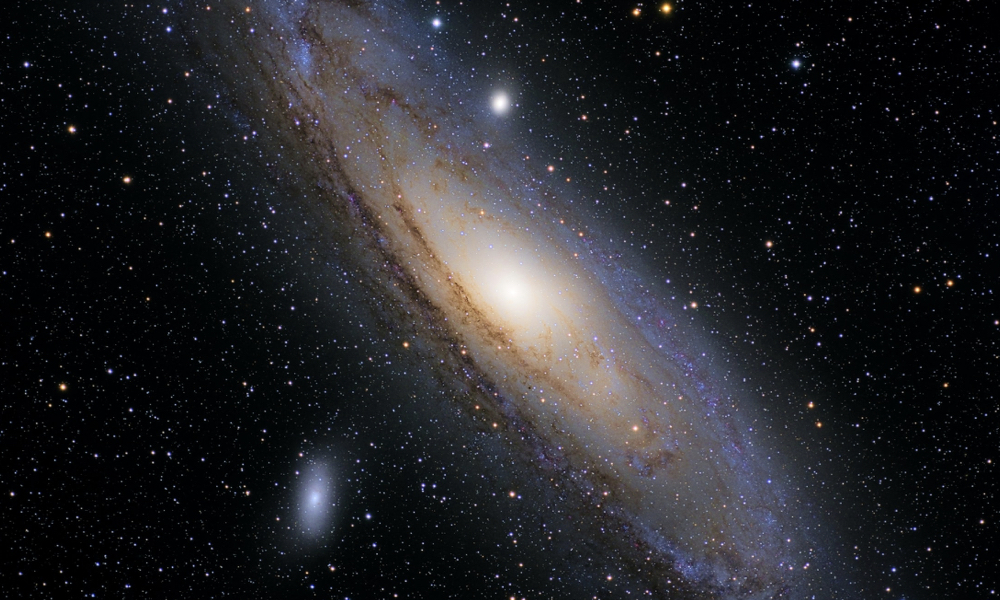
ESA Open Invitation To Tender AO8583
Open Date: 21/03/2016
Closing Date: 30/05/2016 13:00:00
Status: ISSUED
Reference Nr.: 16.164.01
Prog. Ref.: CTP – General
Budget Ref.: E/0401-01B – CTP – General
Special Prov.: BE+DK+FR+DE+IT+NL+ES+SE+CH+GB+IE+AT+NO+FI+PT+GR+LU+CZ+RO+PL+EE+HU
Tender Type: C
Price Range: > 500 KEURO
Products: 2I3f
Techology Domains: 16AI 16AII
Establishment: ESTEC
Directorate: Directorate of Science
Department: Future Missions Office
Contract Officer: Weihert, Beatrice
Industrial Policy Measure: N/A – Not apply
Last Update Date: 06/04/2016
Update Reason: Loaded a new Clarification (English version)
Gravitational wave detectors measure the change in distance between two reference points in space with a precision of a few picometres by using laser interferometry. The reference points are housed in separate spacecraft that have a separation of the order of two million kilometers. The telescope for sending and receiving the laser light forms a critical part of the interferometric optical path and as such it has to fulfil stringent requirements in terms of dimensional stability and production of scattered light. In addition, a certain quality and stability of the optical wave front has to be ensured, translating into requirements for the shape and stability of the optical surfaces. Telescopes employed in science missions can usually be characterized by their optical aberrations. As telescopes used in gravitational wave detectors have to be designed for imaging truncated Gaussian beams in contrast to the more usual incoherent light sources, concepts derived from geometrical optics might have to be modified and cannot necessarily be used for trading-off telescope architectures. An analysis of the telescope in terms of Gaussian beams is therefore required. This activity shall address the design of a metrology telescope meeting the requirements of a Gravitational Wave Observatory mission. The design trade-off shall consider the possible architectures which include 1) the option of a wide field-of-view telescope (>1.5 degrees) that would allow to keep the far satellite in the field of view without repointing the telescopes and 2) a narrow field of view telescope that would need to be pointed. The activity shall not address the pointing mechanism for the two options. The design shall be supported by appropriate analysis whilst considering the mission environmental requirements. In addition to the telescope design, the activity shall also identify the ground support equipment required for test and verification of an eventual telescope prototype. Testing the optical characteristics of the telescope on ground requires assessing the quality of the wave front in the far field (~ million km distance) for the sent light, and the quality of the imaging of such a wave front onto the photo detector for the received light. The activity shall produce a design and development plan towards the flight models and a proposal for the full development.
If you wish to access the documents related to the Invitation to Tender, you have to log in to the ESA Portal.
